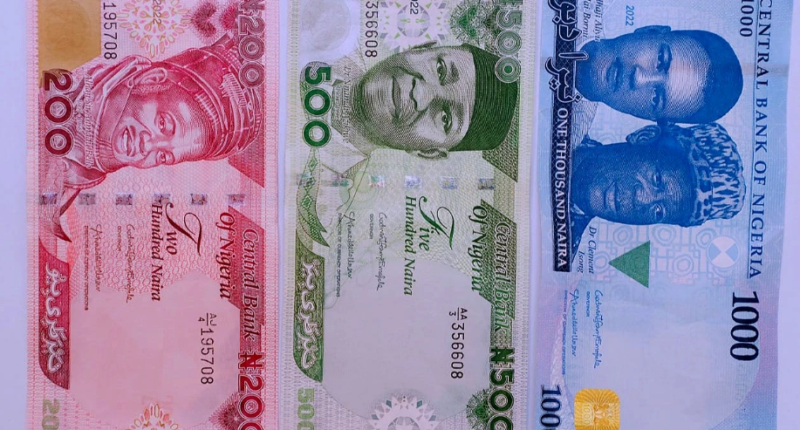Six days after the Central Bank of Nigeria (CBN) began circulating the newly designed currencies, several states in the country have yet to receive a reasonable share of the new naira notes. Also, multiple reports have confirmed that commercial riders and traders in rural areas are rejecting the new notes as a means of payment, as there is no way to verify its authenticity.
As if that is not worrying enough, several media outlets have reported that counterfeit notes of the newly designed currencies are in circulation, making players in the informal sector increasingly wary of the newly designed naira notes.
State of play
The United Kingdom, like Nigeria, is introducing a new currency into the economy, although for a different reason. While Nigeria is introducing new notes to investigate illegal cash deposits by suspected fraudsters, including more citizens in the tax net, etc. The Bank of England is releasing new notes of King Charles III to replace notes carrying the portrait of the Late Queen Elizabeth II.
But unlike Nigeria, the UK is allowing the old notes to fade out naturally. The Bank of England (BoE) says to “minimize the environmental and financial impacts of the change, old notes will continue to exist side-by-side with the new ones, allowing them to phase out naturally.” The BoE also says “new banknotes will only be printed to replace those that are worn and to meet any overall increase in demand for banknotes.”
It is important to know that the economic conditions of both countries are entirely different and, as such, factors such as Nigeria’s large black market, fraud rate, financial education, etc. influence the overall economy at different levels. Also, the cashless policy in the UK is more effective than in Nigeria. Allowing the old notes to fade out naturally in Nigeria might not help the Central Bank of Nigeria (CBN) achieve its goal due to the earlier factors in play in Nigeria.
Get smart
The CBN is circulating the new naira notes side-by-side with the old notes until January 31, 2023, when the latter ceases to be legal tender. Simultaneously, the CBN is launching another monetary policy, mandating financial institutions in the country to limit cash withdrawals for individuals and corporate entities to N100,000 and N500,000, respectively, per week.

